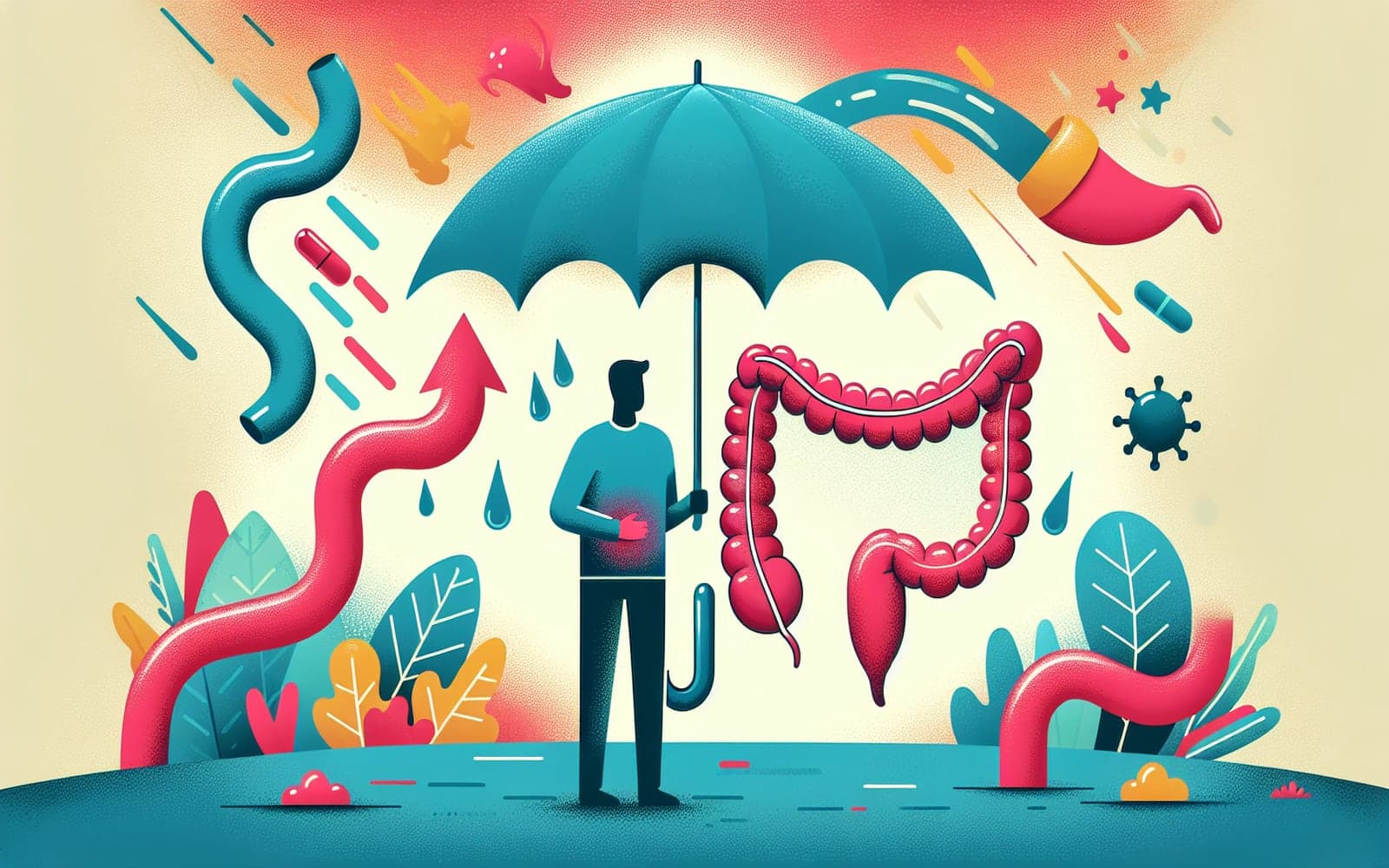Can You Prevent Hidden GI Bleeding?
Published: Jul 25, 2024

Medically reviewed by Alan Lucks | MD, Alan Lucks MDPC Private Practice - New York on July 25th, 2024.
Hidden gastrointestinal bleeding can lead to severe health issues. Learning how to prevent this condition through lifestyle changes and regular screenings is key to maintaining your health.
Contents
Lifestyle Changes to Reduce Risk
Simple lifestyle changes can significantly lower the risk of GI bleeding. Maintaining a balanced diet rich in fiber can help prevent conditions like diverticulitis or polyps. Limiting alcohol intake and avoiding non-steroidal anti-inflammatory drugs (NSAIDs) can also reduce the risk of digestive tract bleeding. Regular exercise contributes to overall digestive health, helping keep GI issues at bay.
Importance of Regular Screenings
Regular screenings, such as fecal occult blood tests and colonoscopies, are crucial in early detection of GI bleeding. These tests can catch problems before they become serious, allowing for timely intervention. Especially for individuals over 50 or those with a family history of GI issues, these screenings can be lifesaving.

Dietary Considerations
A diet high in red and processed meats can increase the risk of gastrointestinal issues. Incorporating more fruits, vegetables, and whole grains can help maintain a healthy digestive tract. Additionally, staying hydrated is important for digestive health, aiding in the prevention of conditions that could lead to bleeding.
Frequently Asked Questions
They can reduce the risk of GI bleeding by improving digestive health.
They detect issues early, allowing for timely treatment.
Eating more fiber-rich foods and less red meat helps.
Key Takeaways
Proactive prevention through lifestyle and regular screenings is vital for avoiding GI bleeding.
Next steps: Speak with Doctronic about personalized prevention strategies!Related Articles
References
Cook JD, Skikne BS. Iron deficiency: definition and diagnosis. J Intern Med 1989; 226:349.
This article has been reviewed for accuracy by one of the licensed medical doctors working for Doctronic. Always discuss health information with your healthcare provider.

